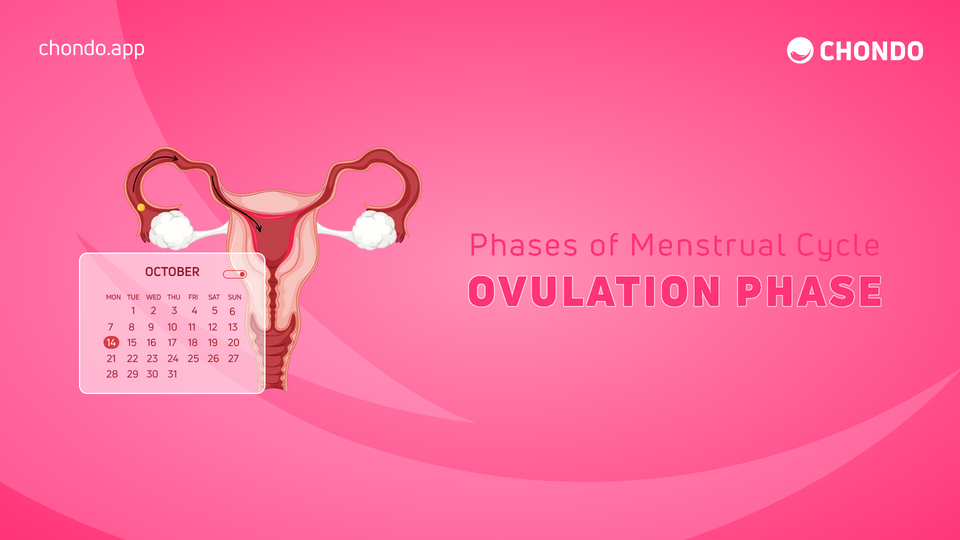Ovulation Symptoms and Signs: How to Know When You’re Ovulating
Our menstrual cycle has four phases. It lasts for 21-35 days with 28 days being the average for most women.
The third phase is the ovulation phase, which is the most crucial part if you’re trying to conceive. In this phase, the ovary finally releases a mature egg or ovum ready to be fertilized.
Ovulation is the shortest phase. It starts when the egg bursts out of the follicle and ends when the ovum stops being active or it is fertilized by a sperm. The ovum’s longevity is 12-36 hours.
Duration: 12-36 hours
Average: 24 hours
Hormone:
- Luteinizing Hormone (LH) ↑
- Estrogen ↑
Symptoms:
- Small rise in basal body temperature
- Transparent, stretchy, and wet vaginal discharge (almost egg-white texture)
- Mild cramps
- Mild pelvic pain
- Sensitive nipples
What Happens during Ovulation?
The surge of estrogen in the follicular phase signals the pituitary gland to release a hormone called Luteinizing Hormone (LH) which triggers the next phase, Ovulation.
On the 14th day of the 28-day cycle, there is an increase in LH that results in the follicle bursting and releasing the matured egg. Ovulation happens usually 2 weeks or 14 days before the next menstruation phase. If you have a 32-day cycle, the slight increase in LH and ovulation might happen on the 19th day.
But, it might not always happen two weeks before your next period. The time might vary during each cycle. The general time is 13-20 days before your next period.
This ovum will travel through the fallopian tube to get to the uterus. During its time in the fallopian tube, the egg is ready to be fertilized by a sperm. This is when pregnancy takes place.
The egg is active for 12-36 hours in the fallopian tube with 24 hours being the average lifespan. This small window is called the Ovulation phase.
The sperm can live up to 5 days inside the tube. So, having intercourse a few days before the ovulation face can result in the sperm staying in the fallopian tube for some time until the mature egg is released.
This means that having intercourse without protection before your ovulation can result in pregnancy as well. You are most likely to become pregnant by having intercourse three days before and on the day of your ovulation.
If during the 36 active hours of ovulation, the egg is fertilized by sperm, there will be pregnancy. On the other hand, if there is no fertilization, there will be no pregnancy, and the egg will start to dissolve.
Download Chondo App
Track your period and get notified.
Download
Beta







